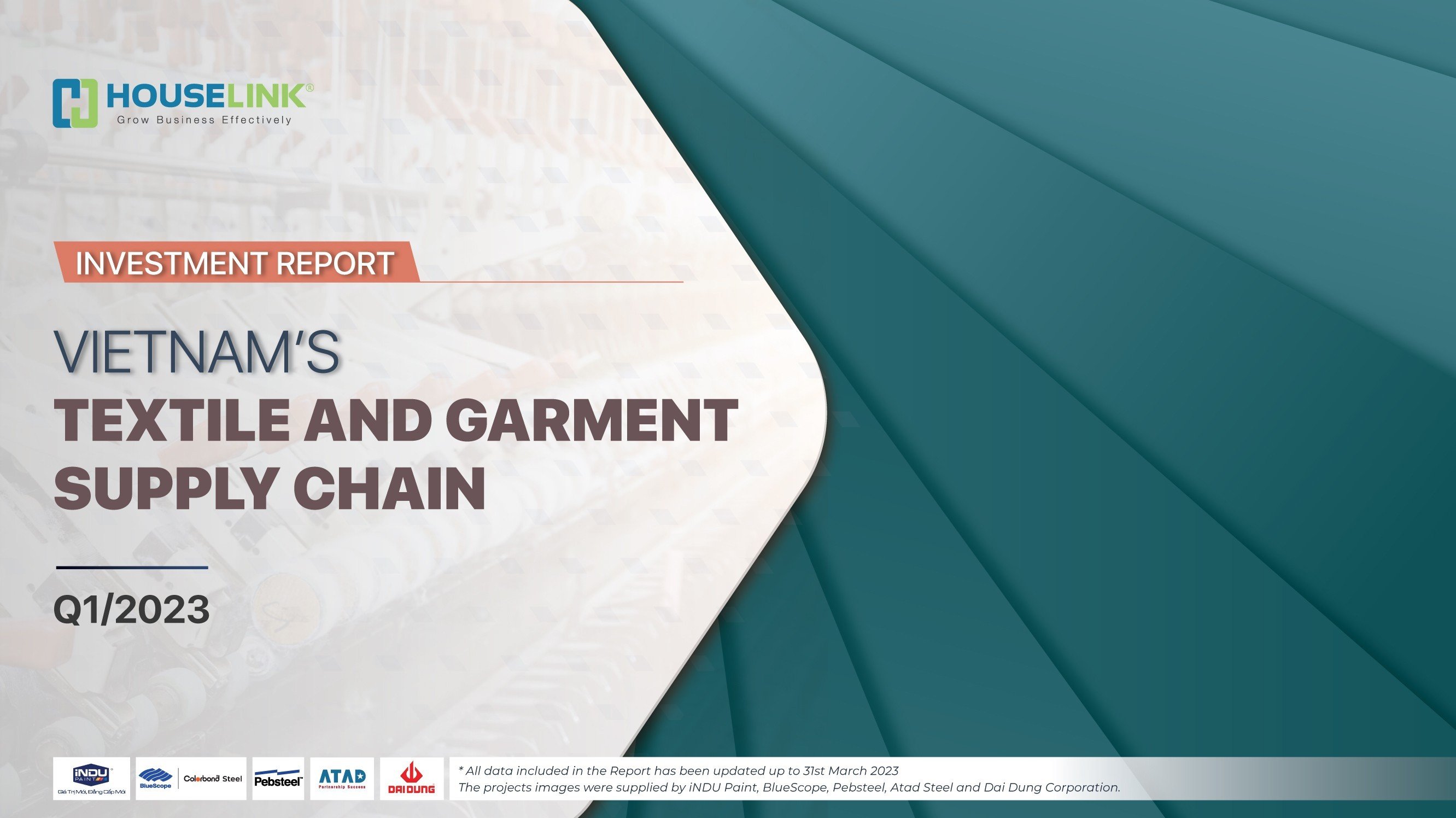During 4 years (2016-2019), the IIP rate of the Textile & Apparel industry always maintained an increase, on average, during this period, the index of the Textile and Apparel industry increased by 12.9%, in which the highest increase recorded in 2016 was 17.3%. However, in 2020, due to the impact of the Covid-19 pandemic, the Textile& Apparel industry in Vietnam faced many difficulties and challenges: (i) Disruption of the supply chain of raw materials (ii) Orders dropped because of social distancing policy and changes of consumption habits. Although the epidemic increases the demand for protective products and medical masks (both domestic and foreign), not too many companies benefit from this. This is evidenced by the decrease in IIP in 2020. However, in 2021, with a low rate recorded in 2020, the IIP up to Q3/2021 increased 7.8% in Textile and 4.8 % in Apparel compared with the same period of last year.
In 2021, in general, the export turnover increased compared to the same period in 2020, most of the months in 2021 the export value of textile and apparel products is higher than the months in 2020. Several textile enterprises said that textile factories have ordered until August 2021. This situation improved markedly compared to the same time last year when customers stopped placing new orders and old orders were canceled or delayed. With the impetus of vaccination campaigns of countries around the world, the economic situation was improved step by step, especially the last months of the year are a high-demand season. However, from the beginning of the third quarter of 2021 until now, it is an extremely difficult time for textile and apparel enterprises with the extremely complicated and prolonged development of the Covid-19 epidemic in Ho Chi Minh City and the southern provinces. Although many businesses in the southern provinces try to arrange production, they can only maintain about 10% to 30% of the workforce at a much higher cost than usual. The export volume in August of 2021 decreased slightly compared with July. And the export turnover in September is scheduled to be decreased more.
Due to the serious impact of the Covid-19 epidemic, the textile and apparel industry in the Q.3/2021 was quite gloomy compared to the Q.2/2021. The targets of production volume, new orders, etc decreased in the Q.3 according to the surveys of textile and apparel companies conducted by the General Statistics Office of Vietnam (GSO). In the Q.4 of this year, there are still many difficulties in production due to the impact of the Covid-19 epidemic, especially the possibility of supply chain disruption because customers shift the orders to other places and the epidemic, it is not easy to return immediately. However, according to data from the survey, the majority of enterprises still expect that with efforts to improve the production by authorities and enterprises, the economic picture for the textile and apparel industry will have positive signals in the last quarter of 2021.
The number of FDI projects and total FDI registered capital improved so much in Q.2/2021 but decreased sharply in Q.3/2021, especially in the South where more than 60% of projects are located. The main reason is the great impact of the 4th Covid-19 pandemic wave, especially in the southern provinces with the prolonged lockdown policies. Especially the risk of serious shortage of labor resources and the costs incurred due to the prevention and compliance with anti-epidemic rules of authorities.
Most of the projects are land leases for construction (new or expansion). Although the ready-built factory is the trend of industrial projects in Vietnam now, for the textile & apparel industry, the investors still prefer to rent the land area for construction of factory.
Tay Ninh was provinces attracted the biggest capital amount and project numbers in the textile and apparel industry in 9 months of 2021. Long An and Binh Dinh were also destinations to attract investment. Most of the provinces are in the South of Vietnam, however, the North and the Central are also ideal destinations for investors in the industry with provinces at the top as Hai Duong, Binh Dinh, Quang Ngai, Nghe An.
After the interview, Mr. Nguyen Ngoc An, President of NewCC CONSTRUCTION CONSULTANTS CO., LTD also agrees and made some valuable comments about the textile & apparel industry at the moment such as:
Despite facing difficulties and challenges that the Covid-19 pandemic effects in 2020 and 2021, such as supply chain disruptions causing raw material prices to rise, reduced orders, and labor shortage due to epidemic prevention, etc…., the Vietnamese government always has quick actions to not disrupt production while ensuring the most effective epidemic prevention and control such as realizing the “new normal”.
As soon as the pandemic is controlled, Vietnam’s textile and apparel industry will be able to quickly regain the industry’s development momentum, including increased demand, increased proportion of export turnover to major markets steadily, EVFTA policies are promoted, promoting of industrial parks dedicated to textiles with separate wastewater treatment systems to ensure no wastewater (which be a motivation for lots of cities), supply chain recovers, raw material costs decrease, labor and skill prices continue to be more competitive with regional rivals.
The most positive scenario is that Vietnam controls the epidemic and realizes the “new normal” from the beginning of October 2021, the export turnover is likely to reach about 37.5-38 billion USD. In the average scenario, if the epidemic situation is still complicated, there are still some localities and industrial zones that are blocked and isolated in November 2021, export turnover in 2021 is expected to reach about 36-36. 5 billion USD.
Following the success of previous periodic reports, the report will be emailed by HOUSELINK to more than 100,000 large manufacturing investors with many industries from different countries with a great investment value in Vietnam. And the entire community of more than 2000 member businesses on the #HOUSELINK system including industrial infrastructure developers, real estate, manufacturing business owners, construction businesses.

